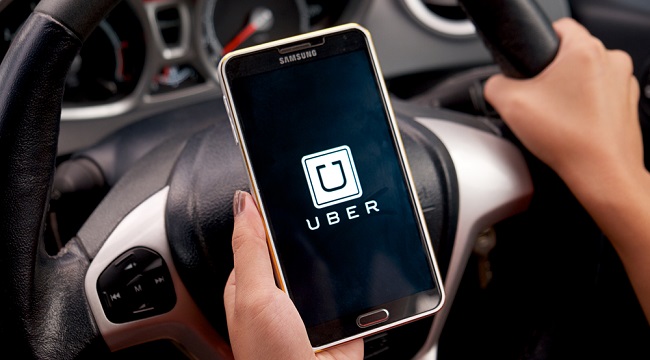
Between infamous incidents like the Kalamazoo murder suspect and countless stories of attempted assault, drivers for the ride-sharing services Uber and Lyft don’t always get the benefit of the doubt. That’s why the city of Austin approved new measures to require all current and potential drivers to undergo fingerprinting and extensive background checks. Initial efforts to implement these polices were derailed by a petition in February, which Austin’s city council vetoed, so the issue was put to a vote in May with Proposition 1, which would overturn the new rules. Now that Prop 1 failed to pass in Saturday’s vote, it seems ride-sharing’s future in Austin is limited.
According to KXAN, 100 percent of voting precincts have reported their results, which put the final tally at 56 percent against and 44 percent for. In other words, the majority of those Austinites who voted didn’t want the new background check legislation to be overturned. Around 55,000 registered voters participated in the Prop 1 ballot, or 17 percent of all potential voters in Travis County. For comparison, as of 2014 the estimated total population of Austin was 912,791.
In response, both Uber and Lyft are threatening to cease all operations in the city until further notice. Uber will no longer service Austin beginning at 8 a.m. local time on Monday, May 9, while Lyft will “pause operations” on the same day. Both companies released official statements to the press soon after the final votes had been tallied. Lyft’s was somewhat genial:
Lyft and Austin are a perfect match and we want to stay in the city. Unfortunately, the rules passed by City Council don’t allow true ridesharing to operate
Whereas Uber’s was straight to the point:
Disappointment does not begin to describe how we feel about shutting down operations in Austin
Meanwhile, Austin Mayor Steve Adler — who suggested the new fingerprinting measure in 2015 — exclaimed, “The people have spoken tonight loud and clear.” Despite Prop 1’s failure to pass, however, Adler stressed that “Uber and Lyft are welcome to stay in Austin, and I invite them to the table regardless.”
Similarly anti-ride-sharing legislation has come up previously, especially in New York City. Last summer, Mayor Bill De Blasio and Uber went toe-to-toe over proposed measures that would limit the number of drivers in the local market. A few months later, the New York State Supreme Court heard a case in which taxis took issue with Uber’s (and ride-sharing at large) somewhat regular “e-hail” abilities and how they were unfairly competing with strict taxi medallion procedures. Unlike Austin’s fingerprint policies, the New York taxis didn’t win.
(Via KXAN)






